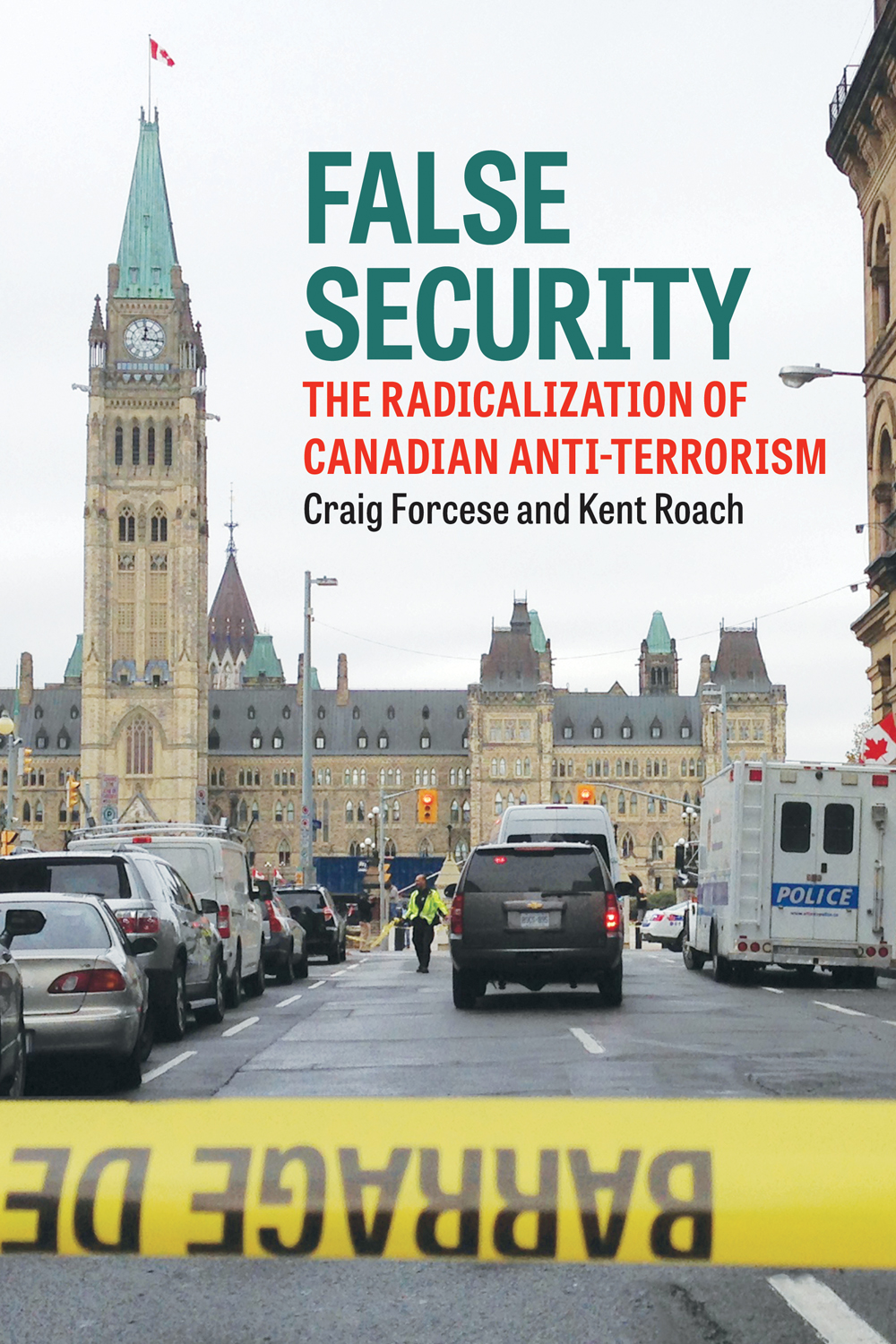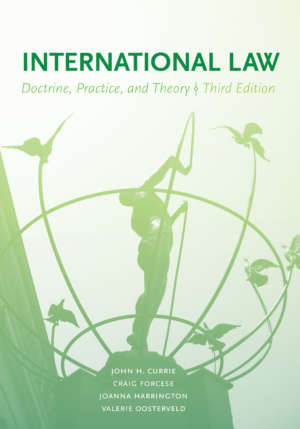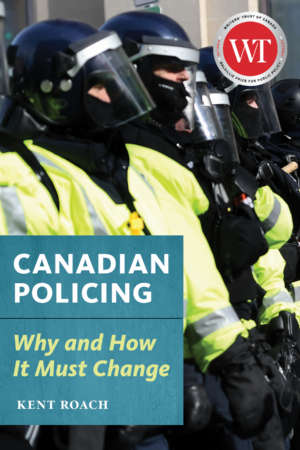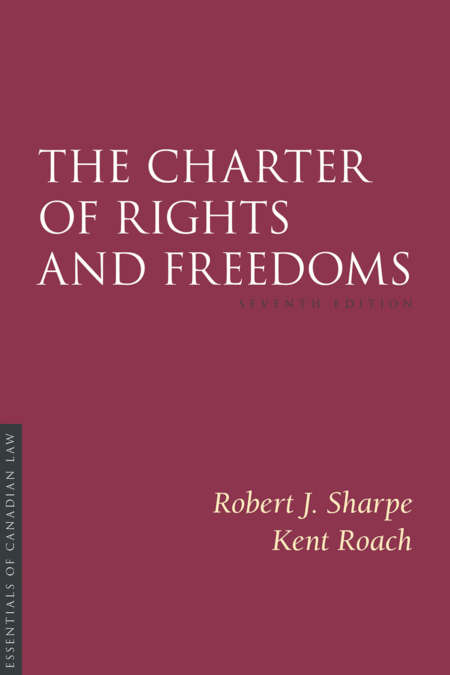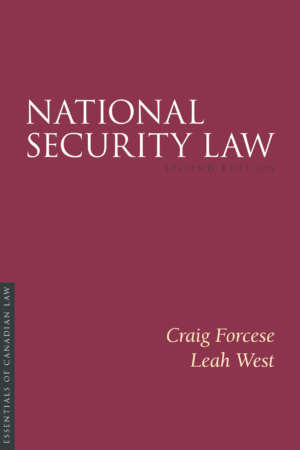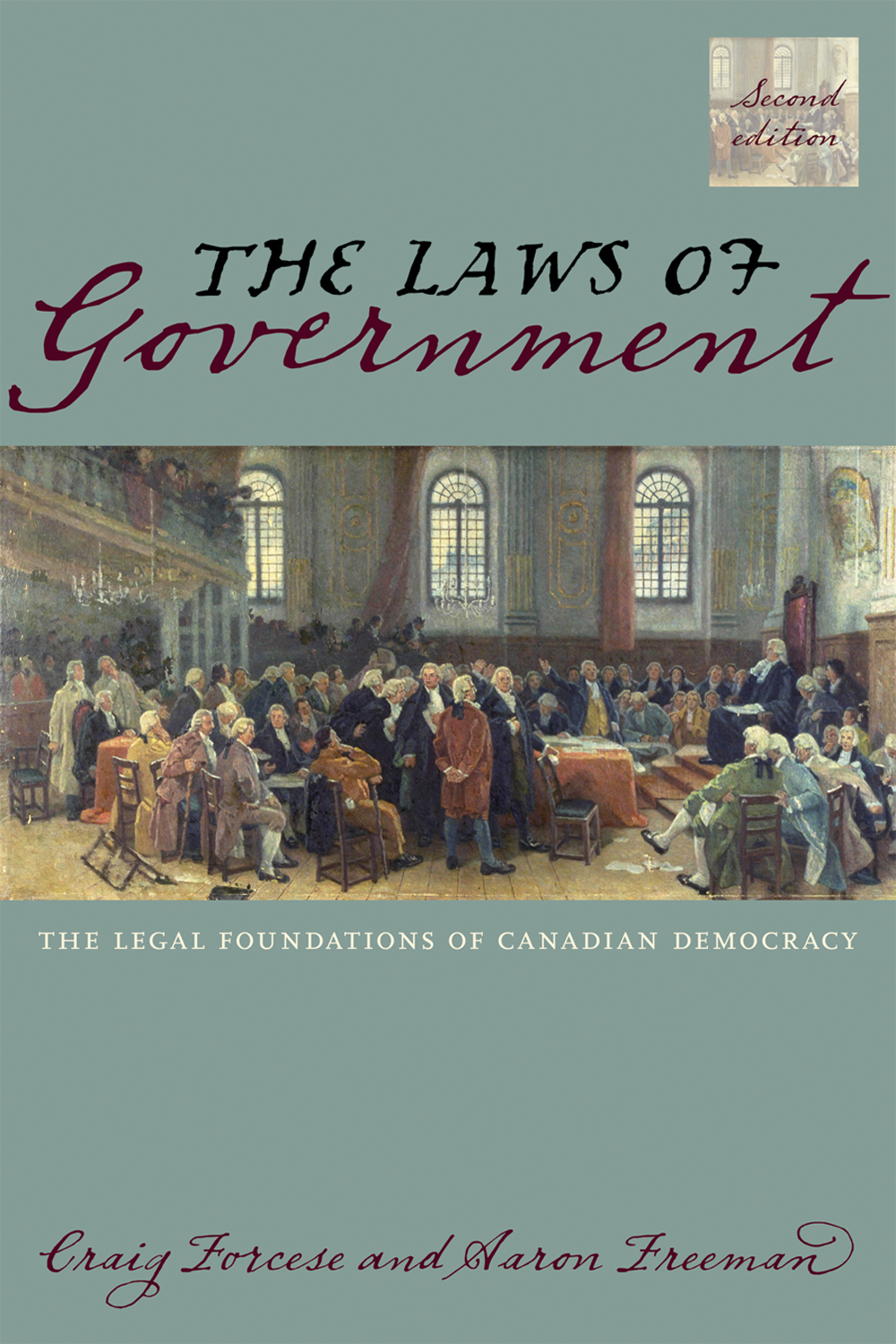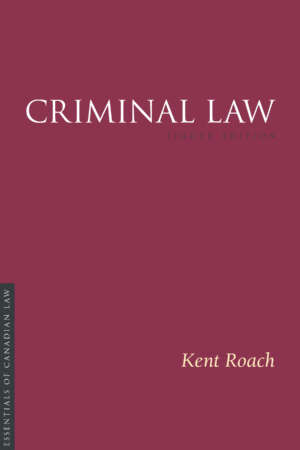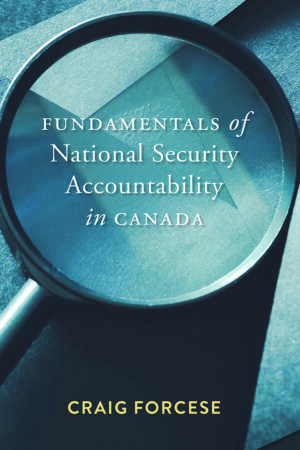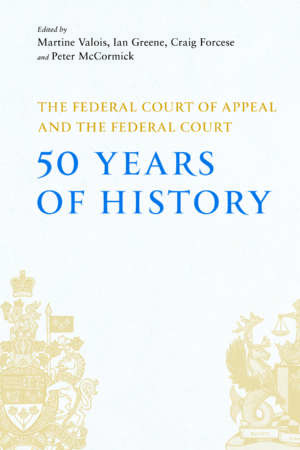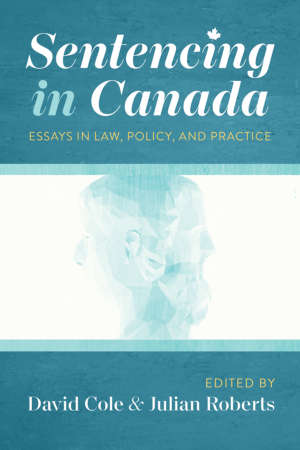Product Description
Winner of the 2016 Canadian Law and Society Association Book Prize
On 20 October 2014, a terrorist drove his car into two members of the Canadian Armed Forces, killing Warrant Officer Patrice Vincent. Two days later, another terrorist murdered Corporal Nathan Cirillo before storming Parliament. In the aftermath of these attacks, Parliament enacted Bill C-51 — the most radical national security law in generations. This new law ignored hard lessons on how Canada both over- and underreacted to terrorism in the past. It also ignored evidence and urgent recommendations about how to avoid these dangers in the future.
For much of 2015, Craig Forcese and Kent Roach have provided, as Maclean’s put it, the “intellectual core of what’s emerged as surprisingly vigorous push-back” to Bill C-51. In this book, they show that our terror laws now make a false promise of security even as they present a radical challenge to rights and liberties. They trace how our laws repeat past mistakes of institutionalized illegality while failing to address problems that weaken the accountability of security agencies and impair Canada’s ability to defend against terrorism.
Preface
Chapter 1: Introduction
Chapter 2: History: A Short History of Canada’s Over- and Underreaction to Terrorism
Chapter 3: Threat: An Evolving Terrorist Threat
Chapter 4: Watch: Surveillance of Threats
Chapter 5: Share: Information Sharing about Threats
Chapter 6: Interdict: Restricting the Movement of Threats
Chapter 7: Restrain: Limiting Threats
Chapter 8: Interrupt: Disruption When All Else Fails
Chapter 9: Prosecute: The Challenges of Terrorism Prosecutions
Chapter 10: Delete: Criminalizing and Censoring Extremist Speech
Chapter 11: Oversight: Who Is in Charge of Canadian Anti-terrorism?
Chapter 12: Review: Accountability Gaps
Chapter 13: Dissuade: An Ounce of Prevention and the Sociology of Anti-terrorism
Chapter 14: Conclusion: The Need for a Re-think
Index
“This book is key to understanding Bill C-51. The authors rightly criticize provisions of the Act as endangering free speech, authorizing unnecessary disruption, and lacking oversight. Their quarrel is with the radical means to be employed by government agencies — almost guaranteeing court challenges — and with the absence of any effective anti-terrorism strategy. This is a valuable resource for anyone trying to get behind the political rhetoric to understand an important and complex issue.”
Ron Atkey, P.C., Q.C., first Chair of the Security Intelligence Review Committee
“Professors Roach and Forcese take the reader on a comprehensive
journey through Canada’s anti-terror efforts, providing invaluable
depth, insight, analysis, and most importantly, their informed
conclusions for the most effective ways forward. This work is
excellent.”
Sukanya Pillay, General Counsel, Canadian Civil Liberties Association
“A vital threshold and fair-minded analysis of the excesses,
inadequacies, assumptions, and judgments impacting the new national
security laws in Canada; coherent, inclusive, and trenchant — not to be
missed or set aside. Invaluable to all those who care about the right
balance between freedom and security.”
Hugh Segal, former Chair of the Special Senate Committee on Anti-terrorism
“False Security offers a comprehensive and robust critique of
Bill C-51, describes the current state of national security law and
policy in Canada and suggests alternative approaches for responding to
terrorism. This book is recommended for policy bureaucrats and students
and scholars of national security law and policy.”
Goldwynn Lewis, Law Librarian, Public Prosecution Service of Canada, Canadian Law Library Review 41:4 (2016)

